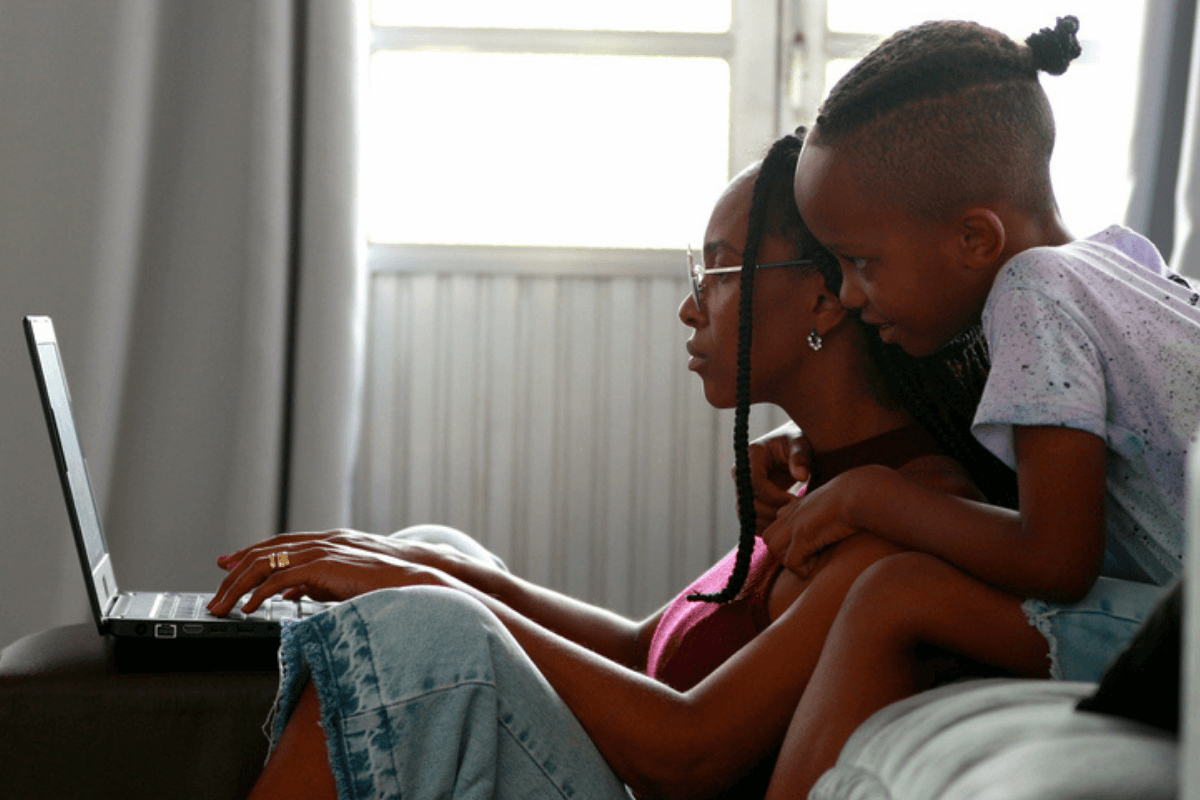Are the holidays making you more stressed than merry?
Maybe you’re feeling overwhelmed with the dizzying list of demands such as shopping, cooking, and entertaining. Or perhaps this time of year brings up difficult feelings for you.
Some of our RAQ practitioners share their top tips so you can protect your wellbeing and give yourself the gift of self-care this silly season.
Remove Expectations
We can feel pressured to celebrate in a certain way (e.g. with family, travelling, with lots of gifts). Know it’s OK if this isn’t the way you want to spend your time. If Christmas for you means spending the day at home with a good book, that’s OK.
Georgia – Senior Practitioner
Know Your Limits
Just because you’re family, it doesn’t mean your views align with each other’s. When those prickly topics come up, know when you need to exit, and have a plan to make it happen.
Kate – Senior Practitioner
Limit Social Media Use
It could be triggering to go on social media and see families spending time together and make unhealthy comparisons. Check in with yourself as to whether you need to have a day offline.
Alanna – Senior Practitioner
Take a Nap
Give your body and brain a chance to recharge on those go-go-go holiday marathon days. Even 20 minutes will make a big difference.
Tim – Practice Manager
Remember to Breathe
When feeling overwhelmed, close your eyes, place your hands on your belly, and just tune in to the sensations around the inhale and exhale. Taking 5-10 slow, deep, conscious breaths in and out of the belly can calm and centre you in any situation. The beautiful thing is it’s free, you can do it anywhere at any time, and no one needs to know.
Shirley – Relationship and Family Counsellor
Observe Your Vices
It can be easy to overlook how much you embrace your vices (e.g. excessive food consumption, alcohol use, smoking) when times are stressful. Try to set yourself some goals to limit how much you rely on these.
Kate – Senior Practitioner
Stay Centred
This year, there are many of us who are really going to miss seeing our loved ones. So we’re going to be sad and wobble. But that’s OK. A strategy I use to manage strong emotions is to imagine myself as a coconut tree in a storm. I can choose to be the leaves being tossed around madly, or I can be like the trunk and bend with the intensity and stay centered, knowing it will pass. If you feel overwhelmed, choose a place where you sit and be the trunk of a beautiful coconut tree.
Helen – Regional Manager
If you need extra support during this period, we’re here to help. You can learn more about our counselling service here, or call 1300 364 277 to make an appointment.

